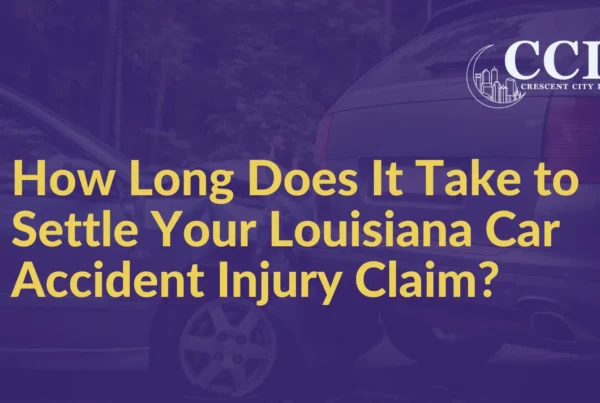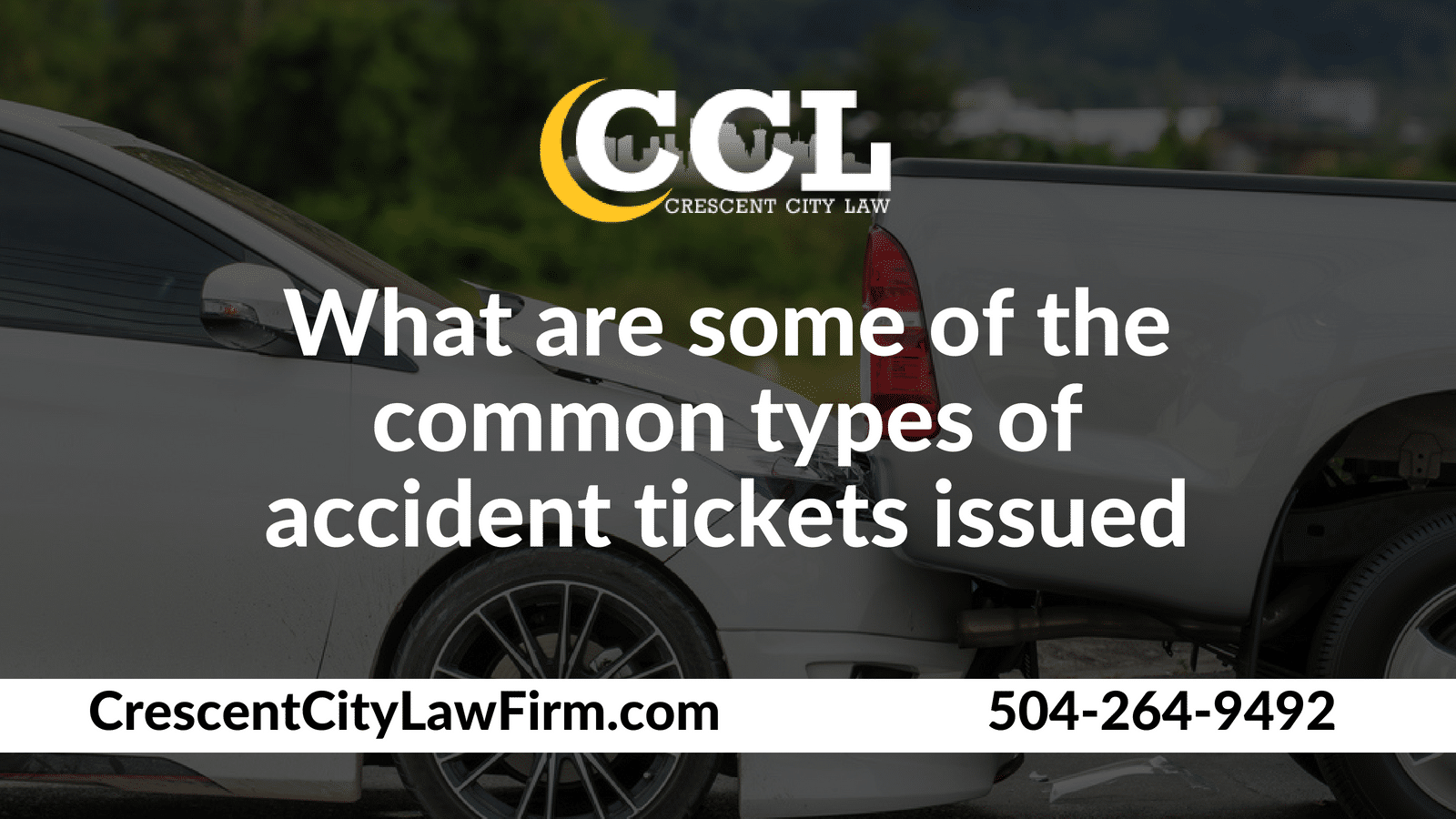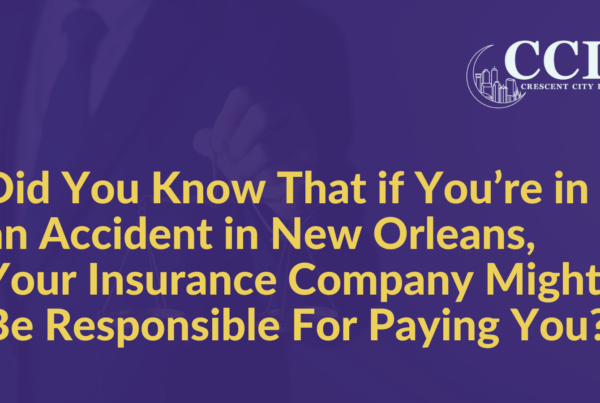When you fight a ticket in Louisiana you received a result of a car accident, the prosecutor is going to ask you to get a Restitution Letter from your insurance company. The purpose of the letter is to help the court resolve your case and make sure the ‘victim’ was paid for their damages. When I first started practicing, I was confused about these letters, so I wrote a basic form I could send to insurance companies over and over again.
If you would like to hire me to help get you a restitution letter, click here for a free 15 minute consultation.
Who needs a restitution letter?
When an officer writes you a traffic ticket in Louisiana after a car accident, he has the option to check a box for “car accident”. The purpose of this box is to signal to the prosecutor that an accident took place when they are investigating the case. As part of their investigation, they’ll want to determine whether an accident actually happened, the facts and circumstances around the accident, whether any party has property damages, whether the driver’s have insurance, and whether the driver who have damages received repairs or compensation for their property damages. So, it is possible that you will need a restitution letter if you were the driver who caused the accident or if you were the driver who was the victim.
What does a restitution letter tell the prosecution?
A restitution letter shows the prosecution that you or your insurance company has reviewed the facts surrounding the accident and decided who was at fault in terms of civil liability. Please note that civil liability does not mean you are ‘guilty’ of a traffic offense and when my firm fights accident tickets, we always take the position that our clients were not at fault in the accident. The restitution letter is usually created by your car insurance company but can be created by your employer (if they paid the damages), or the other driver in the form of a release of liability if you paid restitution out of pocket directly to the other driver. The prosecutor will want the letter to answer one of these questions
- Have both drivers reported the accident, do the both have insurance, and has your insurance paid to repair the property damages to the other vehicle?
- Have both drivers reported the accident, but has your insurance denied liability for the other drivers’ property damages?
- Your insurance typically denies liability to the other driver in a car accident when your insurance company’s investigation determines you were free from fault, when the other driver doesn’t have insurance (sometimes this is called, “No Pay, No Play”), or your insurance company may deny liability, but they won’t say why.
- Have you reported the accident to your insurance company, but the other driver did not make a claim so there is no one to pay?
In my experience, as long as one of these questions are answered, the prosecutor will be satisfied the insurance companies have taken responsibility for handling their case. When the insurance companies take over, the prosecutor will typically dismiss the case as a “civil matter”.
Hire an Attorney for your Accident Case
People get tickets for car accidents even when they are free from fault. If you have been involved with a car wreck and want to fight the ticket, want to get your vehicle fixed, or sue for personal injury, submit your ticket here or call (504) 264-9492.






